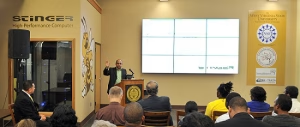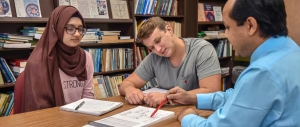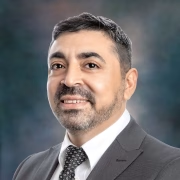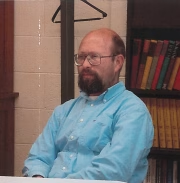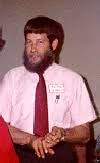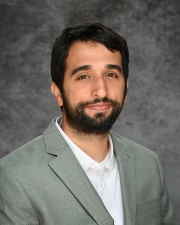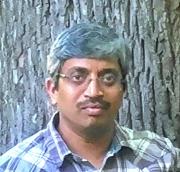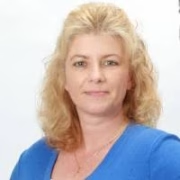Transform Equations into Innovations at WVSU
Unlock the power of numbers, algorithms, and innovation at West Virginia State University’s Department of Mathematics, Engineering & Computer Science. Here, we’re not just crunching numbers – we’re shaping the future.
Our diverse programs span the realms of pure mathematics, cutting-edge computer science, and pioneering engineering. With options ranging from classical mathematics to data science and from civil to chemical engineering, we offer a pathway for every analytical mind.
At WVSU, you’ll find more than equations and code. Our dedicated faculty brings these disciplines to life, showing you how abstract concepts drive real-world progress. Small class sizes ensure you receive the attention and support needed to excel in these challenging fields.
Whether you’re destined for the tech industry, aiming to build the infrastructure of tomorrow, or planning to push the boundaries of mathematical theory, we provide the solid foundation you need. Our programs are designed to keep pace with rapidly evolving industries, ensuring you graduate ready to make an impact.
Join us and transform your passion for problem-solving into a powerful career. Your journey through the world of numbers, algorithms, and structures starts here at West Virginia State University.
817 Wallace Hall
Our Programs
Bachelor of Science in Computer Science (BS)
The Mathematics and Computer Science department at WVSU offers comprehensive programs designed to prepare students for a rapidly evolving technological landscape. With a focus on theoretical understanding and practical application, students engage in rigorous coursework that covers topics ranging from advanced mathematical concepts to cutting-edge computer science methodologies. Our faculty fosters an intellectually stimulating environment conducive to research, innovation, and problem-solving, equipping graduates with the skills and knowledge needed to excel in diverse careers in technology, academia, and beyond.
Bachelor of Science in Engineering/Civil and Engineering/Chemical
West Virginia State University offers Bachelor of Science in Engineering/Civil and Engineering/Chemical. According to U.S. Bureau of Labor Statistics: “Employment of civil engineers is projected to grow 6 percent from 2023 to 2033, faster than the average for all occupations. About 22,900 openings for civil engineers are projected each year, on average, over the decade. With continued investment in U.S. infrastructure, civil engineers will be needed to manage projects that meet society's need for upgrading bridges, roads, water systems, buildings, and other structures. Civil engineers also will be needed to oversee renewable-energy projects, such as construction of wind farms and solar arrays, as these projects gain approval.” According to WV Economic Outlook 2023-27, chemicals manufacturing continues to represent the single-largest manufacturing subsector. Indeed, roughly 20 percent of manufacturing jobs in the state and a two-fold larger share of output are found within across a range of chemicals manufacturing firms. WVSU’s Bachelor of Science in Engineering/Civil and Engineering/Chemical programs will produce graduates well prepared for the needs of the state and the region.
Bachelor of Science in Mathematics (BS)
The Mathematics and Computer Science department at WVSU offers comprehensive programs designed to prepare students for a rapidly evolving technological landscape. With a focus on theoretical understanding and practical application, students engage in rigorous coursework that covers topics ranging from advanced mathematical concepts to cutting-edge computer science methodologies. Our faculty fosters an intellectually stimulating environment conducive to research, innovation, and problem-solving, equipping graduates with the skills and knowledge needed to excel in diverse careers in technology, academia, and beyond.
Master of Science in Computer Science (MS)
The Master of Science in Computer Science program is designed to give students a thorough understanding of database management systems, Operation System, computer architecture and design, computer graphics and game design, Artificial Intelligent, computer and cybersecurity, design and analysis of algorithms, high performance computing, software architecture and engineering

